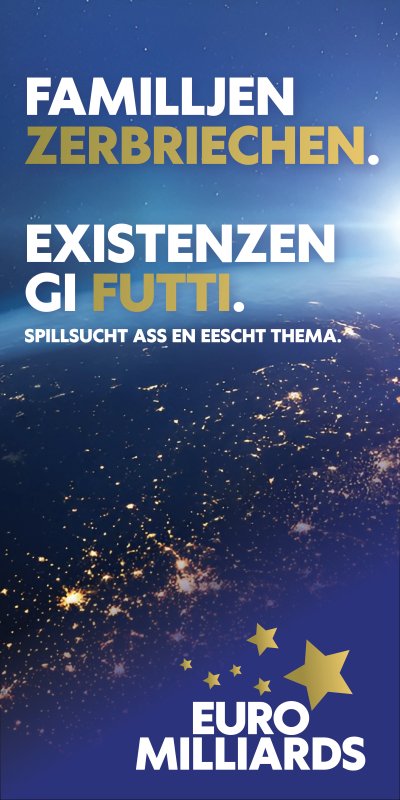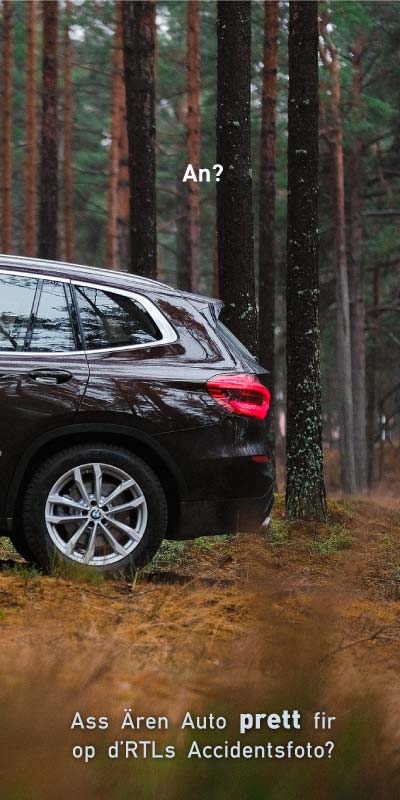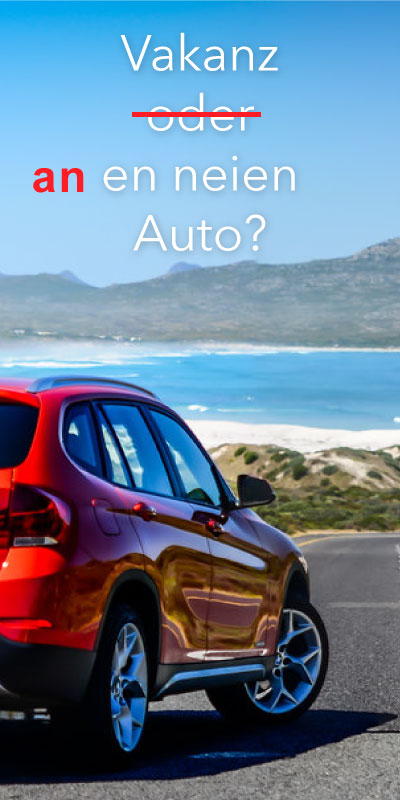WIRTSCHAFT - Advertising for luxury holidays
"Ausgesat": eng neokolonialistesch Aventure op RTL
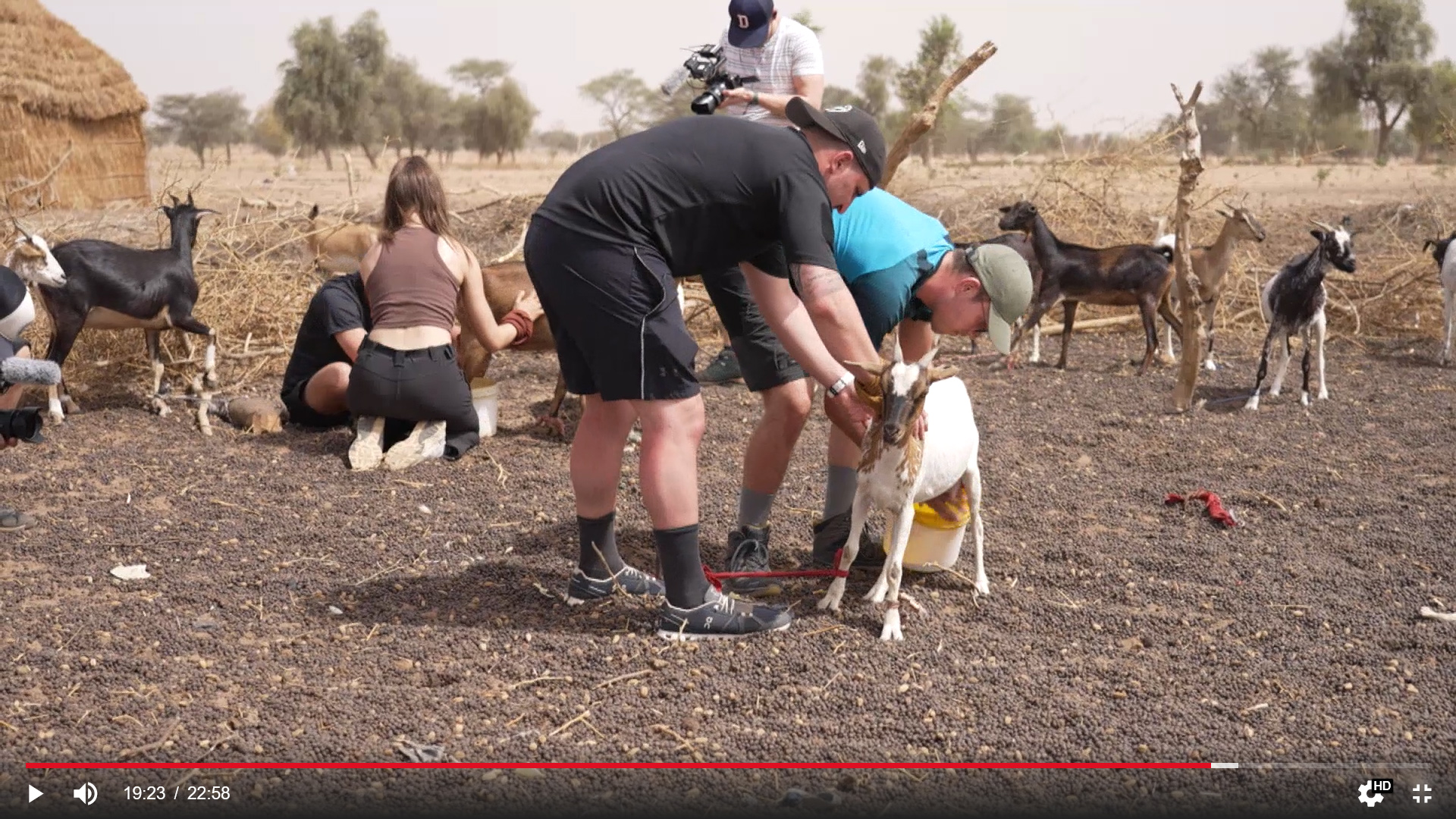
Screenshot RTL
„We don’t have any money, can you drive us?“: A phrase that probably doesn’t go down well in Luxembourg, especially if you have the wrong skin color. But luckily we are white Europeans and can handle ourselves in other countries.
„There’s no stopping here,“ blares Raoul Roos (season 2, episode 8), „Help us“ shouts RTL presenter Loïc Juchem as he runs through a small town in Senegal looking for someone who will give Luxembourgers a free ride. His teammate is upset that they’ve probably been running in circles - in his opinion, it’s the fault of those who tried to explain the way to them: „You don’t know your own town, that’s not normal“ (episode 5). That’s probably the sound when people from the richest country in the world are traveling to one of the poorest countries (ranked No. 1 vs. No. 164 on the GDP scale [IMF 2022]).
Perhaps the most problematic format of RTL
„Ausgesätt“ is one of the most elaborately produced shows on RTL Tëlee Luxembourg, the broadcaster that takes on a „Public Service Mission“ for the state and has been granted millions in subsidies for this. In „Ausgesätt“, two teams are sent to a destination unknown to them until the start of the trip, where they must then complete „challenges“ to ultimately win a prize. The show is a painstaking mix of advertising, poverty tourism and neocolonialism.
The first season of „Ausgesätt“ was „presented“ by Voyage Emile Weber and the second by Luxair Tours. The public is shown travel destinations that can be booked in the respective catalogues. The candidates visit countries and cities and win a holiday in a 5-star luxury hotel. The show itself is a unique advertisement for luxury holidays. However, the travel agencies keep their costs relatively low: the additional prize money is only €1,000 and part of the „challenge“ is to practically get by without money on the spot.
This means that the candidates are practically just hitchhiking and making their way through the cities. The landscape, the cities and the people become the backdrop for a kind of sporting competition. RTL presenters Raoul Roos and Loïc Juchem portray themselves and their team members as gladiators who must perform inhumane acts, surrounded by laughing children running barefoot through the sand, women in colorful clothes filmed in close-up and a „wild“ nature around them. They mock local workers as a „salt jury“ (episode 4), curse at bread that is „rock-hard“ and make fun of the coffee they are offered out of hospitality (episode 9).
Neocolonialism on RTL, presented by Luxair Tours
The program „Ausgesetzt“ is a perfect example of the phenomenon described by researchers as „tourist gaze“ and „ethnotourism“. An overview of the scientific disagreement with this is provided, for example, in the text „Travel and Conquest: Forms of Appropriation in the Context of Travel and Tourism“ (Habinger, 2021 - BPB). White tourists intrude into the privacy of people on site as a matter of course, here even with the RTL camera, and delight in the „authenticity“ (episode 9: „The candidates […] spend the night with a traditional nomadic shepherd and are supposed to shear goats“) and experience the people’s daily life as a unique adventure (episode 4: „The team must compete with each other in the traditional salt hut“), which they can climb into and out of.
The show is also an example of neocolonialism, the continued existence of economic dominance from outside over local economies. Countries like Senegal find it difficult to find benefits for the local economy from the tourism sector, because this industry is controlled from outside. Luxair Tours offers holidays in Senegal, among others, at the „RIU Baobab Hotel“, a 5-star luxury resort of the Spanish group „Riu Hotels & Resorts“, which has a turnover of over 800 million per year. RIU has already been criticized for poor working conditions for the local workforce. The winners of the „Ausgesetzt“ challenge were allowed a holiday in this hotel after they had spent as little as possible all day through the Senegalese cities. Hardly anyone in the local population can afford a place in the hotel, winners from the hotel flow to Spain and workers are partly recruited from other countries. The money that flows between Luxair Tours and RTL and between new customers and Luxair Tours due to the show also mainly ends up in the Luxembourg economy and not in that of Senegal.
Advertisement that is not labeled as advertisement
RTL is a commercial broadcaster that participates in all stupidity as long as it makes money. But RTL also has to abide by laws and is bound by rules through a concession agreement with the state. These rules do not prevent the problematic content of „Ausgesetzt“, although the program clearly reproduces racist stereotypes. But in fact there are rules that should at least prevent this „program“ from being on a par with the state-funded TV program of the „service public“ broadcaster RTL. But „Ausgesetzt“ is neither labeled as an advertisement nor recognizable as such in the TV program, the format is even interrupted to broadcast other advertisements. The fact that RTL does not adhere to legal restrictions on advertising is, however, rather the rule than the exception.
Here too, RTL mixes everything up again. Which staff is paid by RTL, by IP, by BCE? Does the content belong only to (state-subsidized) TV or also to radio and „RTL Play“, where does the advertising revenue go and who bears which costs? All of this should be clearly separated and displayed transparently, but it is not. RTL always does exactly what they want - and not just here at home, but now also in Senegal.

